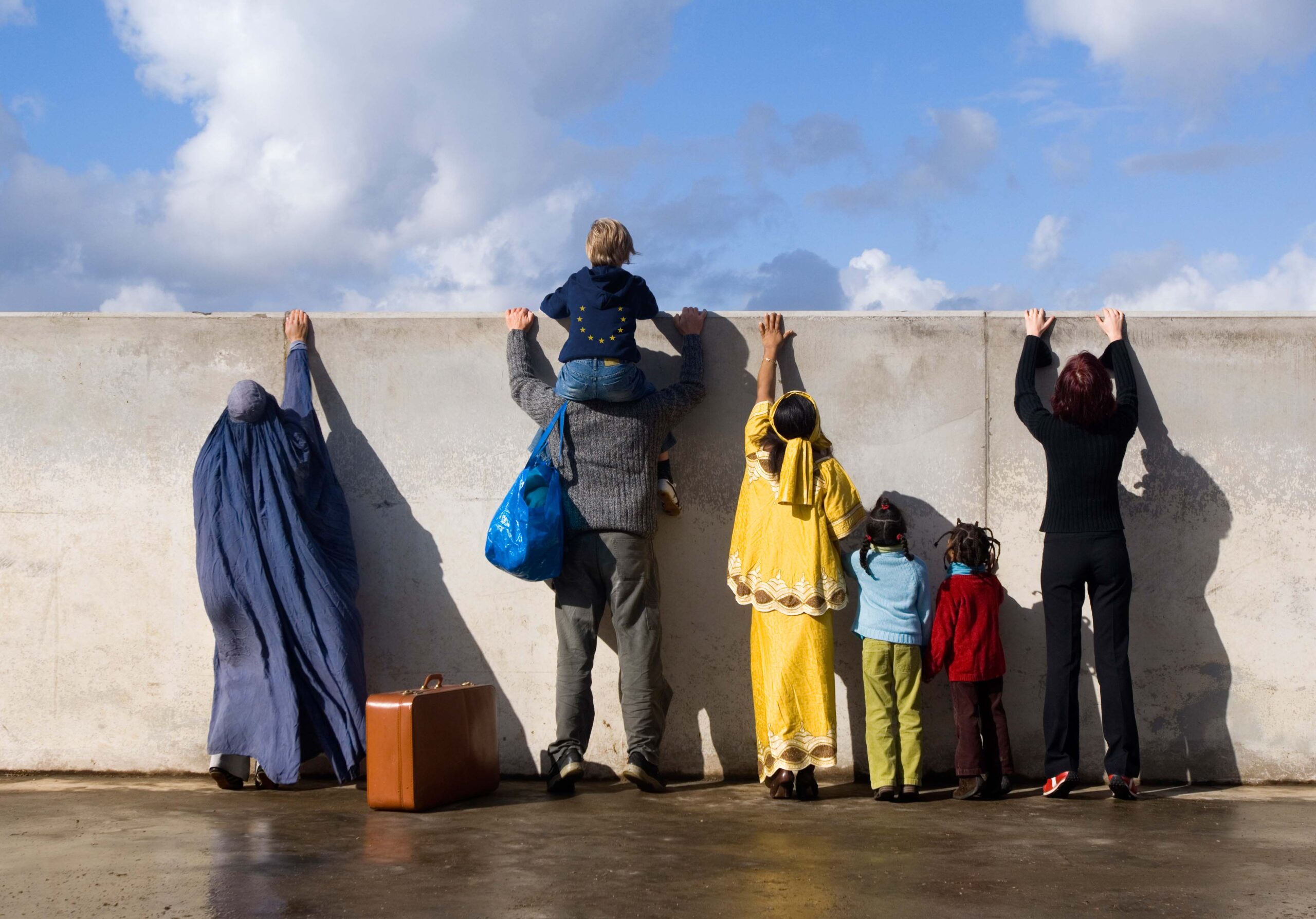The ICJ together with 22 civil society organisations and UN agencies call on EU decision makers in a joint statement not to use coercion against children in order to obtain fingerprints and other biometric data.
The new EURODAC proposal currently being considered by the European Commission, Council and Parliament expands the purpose of the current database of asylum applicants to facilitate the identification of “irregularly staying third country nationals” through the use of biometric data and it lowers the age at which a child must be registered from 14 to six.
The European institutions are discussing allowing national authorities to use coercion to obtain fingerprints and facial images of children.
The identification and registration of children contributes to their protection within and across borders.
This must be done in a child-sensitive and child protective manner and the best interests of the child must be a primary consideration in such matters, in accordance with Article 3 of the Convention on the Rights of the Child.
Coercion of children in any manner or form in the context of migration related procedures, violates children’s rights, which EU Member States committed to respect and uphold.
All children, no matter their age, should be exempted from all forms of coercion in the EURODAC Regulation, in full compliance with the UN Convention on the Rights of the Child.
The UN Convention on the Rights of the Child (UN CRC) states that every person below the age of eighteen years is a child (art. 1).
States Parties should take all appropriate measures to protect children from all forms of physical or mental violence (art. 19.1) and no child shall be deprived of his or her liberty unlawfully or arbitrarily (art. 37).
The Committee on the Rights of the Child has affirmed that “No violence against children is justifiable; all violence against children is preventable”, where violence includes both physical and mental violence (General comment No. 13).
It has equally clarified: “that the detention of any child because of their or their parent’s migration status constitutes a child rights violation and contravenes the principle of the best interests of the child”.
Both the UN CRC and EU Charter of Fundamental Rights state that child’s best interests must be a primary consideration in all actions relating to children (art. 3 UN CRC, art. 24.2 EU Charter).





